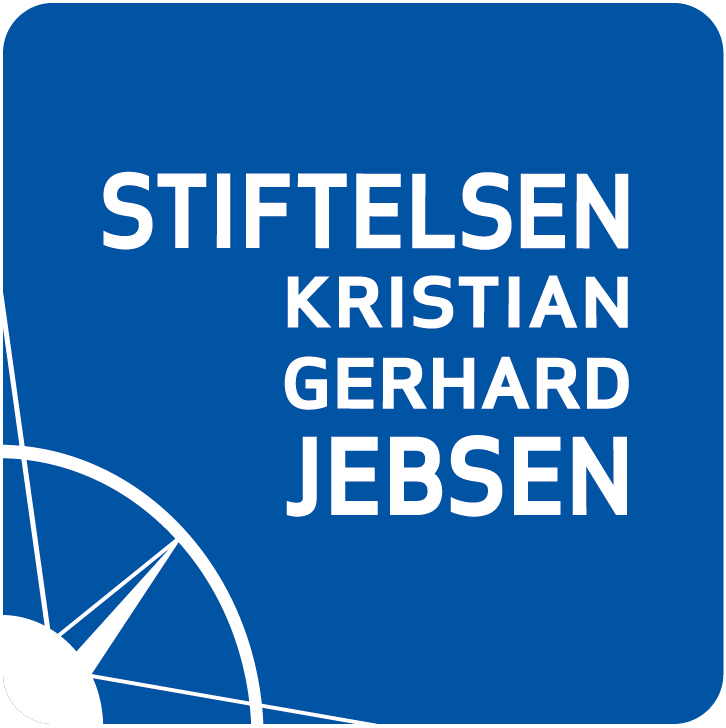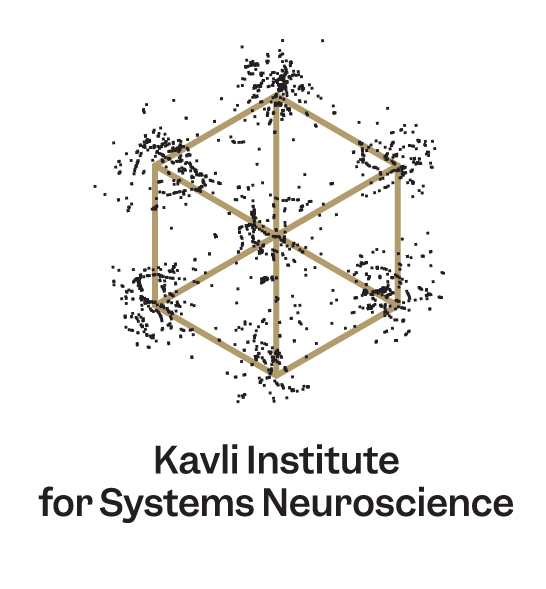WP2- K. G. Jebsen Centre for Alzheimer’s Disease
K.G. Jebsen Centre for Alzheimers Disease
Project 2: Entorhinal-hippocampal codes for time in rodent brains
Film about the research
Background
Memory loss in AD is thought to reflect transsynaptic spread of toxic p-tau from EC to associative circuits in the hippocampus. While degradation of MEC space circuits contributes partly to the memory loss, memories also have a less understood temporal component. Recently it has been shown, by investigators in the Moser group, that episodic time is encoded in the lateral part of EC (LEC) and distributed from there to the hippocampus, where it is integrated with spatial signals from MEC to form unified representations of experience. The LEC time code raises a number of questions about the operation of entorhinal circuits relevant to testing of early functional impairments in AD in transgenic animals (WP3) and in human fMRI (WP4-5).
Objectives and methods
Using multi-site high-density neurophysiological recordings in rodents, we shall ask how experiences influence the activity of time-coding LEC neurons. Rats or mice will be exposed to variable densities and intervals of events on a circular track, in an open field, or on a treadmill. We shall determine (i) if time influences activity independently of experience, (ii) if representation of time evolves linearly or in quantal steps around significant temporal landmarks, (iii) if time codes have a modular organization, similar to the quantal organization of grid scale in MEC, and (iv) how time signals in LEC are related to temporal information in the hippocampus.






